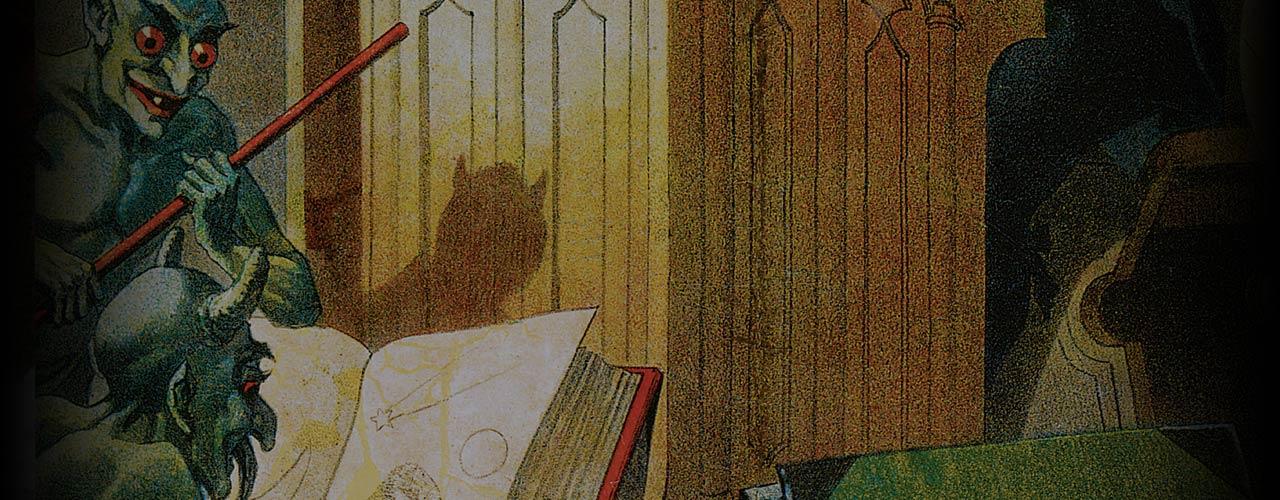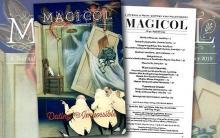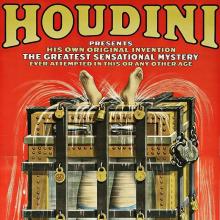Submitted by James Alan on
Magic Magazine | October 2008
by Jason England
What book was published by an anonymous author claiming to be a reformed card cheater and contained wonderful information on cheating techniques for the games of poker, euchre, whist, and cribbage? The book also contained sections on maintaining a top and bottom stock, full-deck false shuffles, jog shuffles, stacking hands, the double discard, second dealing, bottom dealing, holding out, false cuts, shifts (including shifting the cut after dealing), and marked cards. Any guesses?
If you said Erdnase, you’re wrong. The Expert at the Card Table contains no section on the double discard. There is, however, a book that contains sections on all of those topics (and many more) that was published in 1865, 37 years prior to Erdnase. It’s called How Gamblers Win or the Secrets of Advantage Playing. Do I have your attention? Read on.
How Gamblers Win is a classic of early cheating literature. Trick question notwithstanding, it is almost certainly a book that was known to Erdnase, with some sections of both volumes being eerily similar in tone and language, if not exact content.
Whether Erdnase “borrowed” any sections or information from Evans is unclear, but I’d bet that he had read and was familiar with the earlier work.
On first publication in 1865, the author’s name was given as Gerritt M. Evans. The book may not have sold well, as only a few copies of the first edition are known. It was republished in 1868 in a slightly expanded edition and Evans’ name was removed from the title page. The book has since been attributed to, simply, “A Retired Professional.” Several dozen of the second edition have survived, and the book has long been a sought-after collectible, with copies selling for hundreds of dollars. Now, through collaboration between David Ben’s Magicana and Michael Albright, a wonderful reprint of this classic is available.
How Gamblers Win is an unabashed look at the techniques of cheaters (here called “advantage players”) in a variety of games and situations. All of the techniques listed in the opening paragraph of this review are covered, along with sections on shiners, cold decks, and loaded dice, among others.
Unlike The Expert at the Card Table’s focus on finger placements and precise explanations, How Gamblers Win contains only the briefest of sketches on the techniques listed. Whereas Expert was a teaching text (and arguably the best ever), HGW is an exposure of concepts only, designed to protect the reader, not to instruct. This doesn’t detract from the book, but it’s a fact worth explicitly disclosing.
In addition to being a beautiful hardcover with a stunning dust jacket, the new edition faithfully reproduces the entire text of the second, expanded edition, including the original title page. A preface by David Ben and a four-page introduction by Steve Forte round out the publication.
With information, history, charm, and insight all between two covers, how can you go wrong? You can’t. Qualities such as these make How Gamblers Win a natural recommendation. Get this one before it’s gone.
Recommended.







